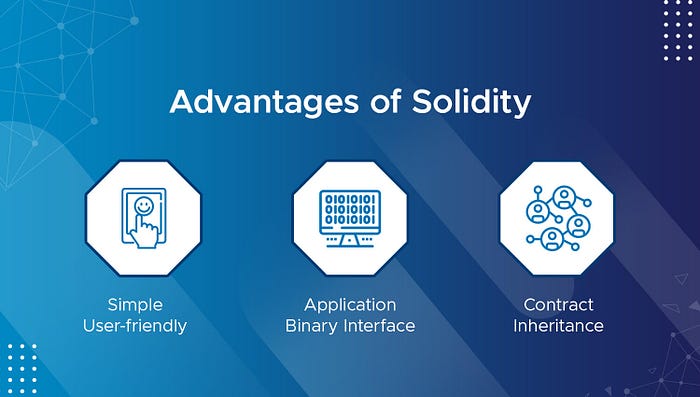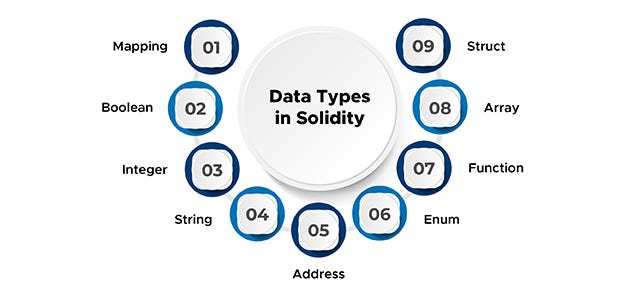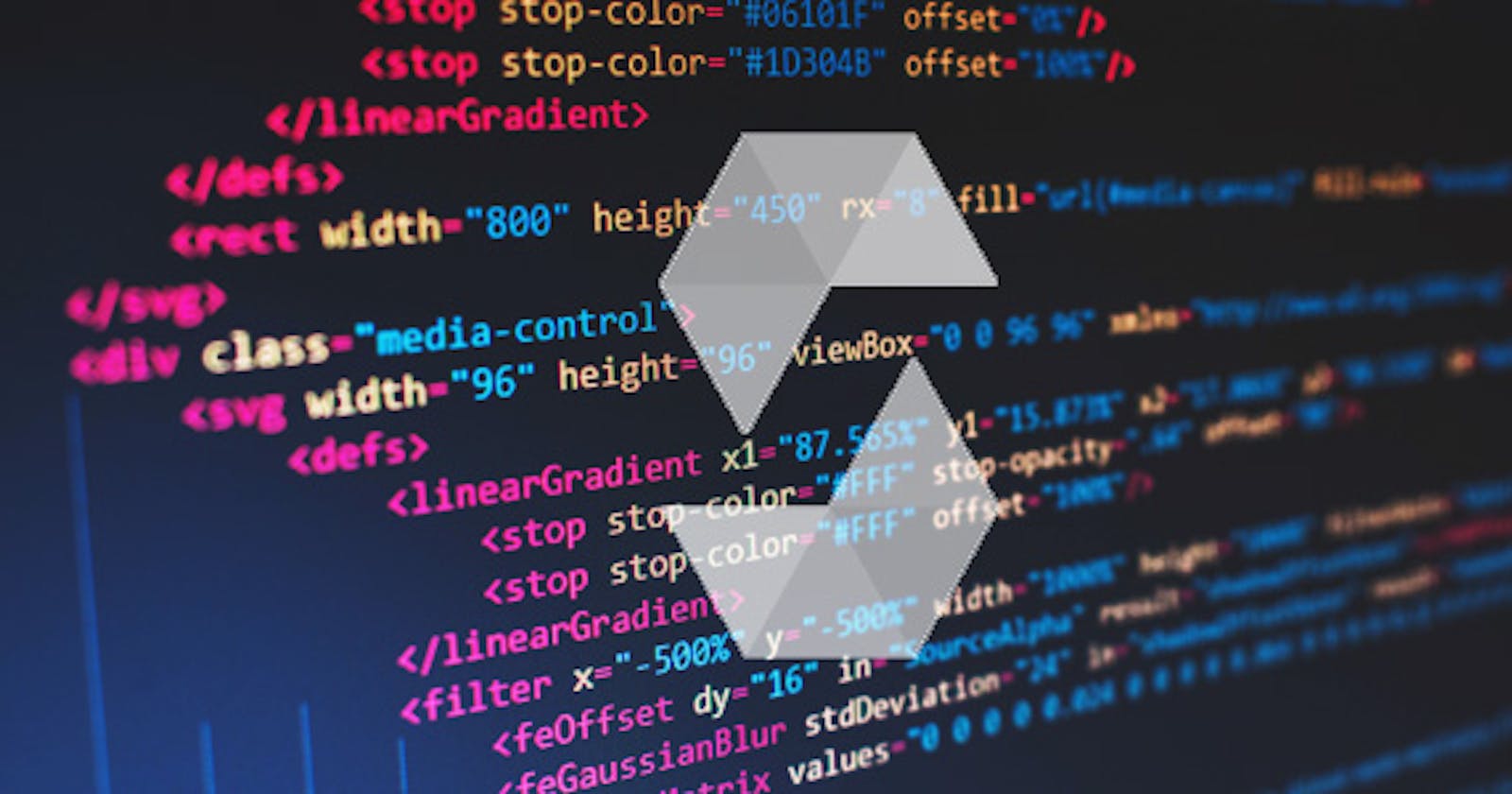Bitcoin initiated the boom of blockchain technology. It was a quick and simple way to transact in a decentralized manner since there was no involvement from banks. People have faith in the unchangeable public ledger because it contains a record of each transaction. But there are limitations to Bitcoin. If blockchain technology had the right programming, it could be used for much more than just peer-to-peer financial trades. So, Ethereum came into existence to overcome this challenge. This platform is supported by a comparatively new programming language called Solidity. Solidity is of great importance in the emerging Web 3.0 world, providing the foundation for smart contract development and dApps. Today, numerous smart contract development companies utilize Solidity to create innovative solutions for a wide range of applications, including financial services, supply chain management, and more. Solidity’s prominence continues to grow, and its implications span across dApps and the thriving ecosystem of smart contract development.
Solidity for Smart Contract Development
A smart contract is a computer program that runs on a blockchain platform to execute a task after fulfilling a pre-requisite condition. They work on the “if/when…then…” assertion, which is expressed in the coding. So, once a smart contract gets information from the ledger about a transaction, it performs the associated task automatically. However, they still rely on the underlying codes even though they do not involve any other parties. Because Solidity smart contracts are written on a blockchain and cannot be altered or destroyed by anybody, they are an especially safe way to transfer anything of value. It could, however, also be a drawback. Solidity smart contracts require flawless and error-free programming. You cannot go back and undo transactions. The only method to address flaws is to update the Ethereum code, which is a complex task.
Solidity simplifies the process for developers to design, create, and run smart contracts on the blockchain.
Also, Read | Pre-Built NFT and Smart Contract Solutions for Quick Launch
Benefits of Solidity Programming Language

Relatively Easy to Learn
Provide application binary interface (ABI)
Supports Various Data types
Read the detailed blog here — Why Use Solidity for Smart Contracts Development
Data Types Supported by Solidity

Solidity Development Tools
There are a few tools that simplify a developer’s journey related to solidity development.
Doxity
This tool assists clients in producing documents for a network. Additionally, it helps in streamlining their workforce.
Solidity REPL
Solidity REPL is a tool that developers can use to write console command line programmes. It is a multifunctional computer utility.
EVM Disassembler (Evmdis)
It is a tool to execute static analysis on the bytecode. It converts Ethereum contract bytecodes into a much simpler solidity-like code, increasing the understanding of the contracts.
Solgraph
Solgraph is a tool that creates DOT graphs, which show the function control flow of the solidity contracts and point out possible security flaws.
Also, Read | Resourceful Blockchain Programming Languages | Updated List
Solidity’s Application in Blockchain Development
Voting
In the real world, there are several ways that fraud can be committed during the voting process, including data manipulation, booth capturing, false voters, voting machine manipulation, etc. We could utilize voting contracts to address some of these issues. The code may be planned with solidity, and with correct implementation, the voting process will be easy, transparent, and automatic.
Crowdsourcing
If done through contracts, crowdfunding can address several challenges such as third-party commissions, data management issues, etc. Smart contracts may be a far better option for crowdfunding than unreliable federal systems. Solidity can be used to construct these smart contracts.
Blind Auctions
On Ethereum, blind auction implementation using Solidity is very straightforward. It is possible to hold an open auction in which each participant is informed of the other’s bid. After then, a blind auction can be created in which no one can view other bidders’ offers until the auction is over.
Also, Read | An Introductory Guide to Ethereum 2.0 | A Major Upgrade
Conclusion
Solidity plays a crucial part when it comes to Ethereum blockchain app development. Deft knowledge of this programming language can unlock the untapped potential of the Ethereum blockchain. However, not many people are well-versed in this emerging language. Moreover, with the help of our technical experts, you don’t have to worry about anything. Our team of skilled smart contract developers has experience with a variety of blockchain technologies, including the Solidity programming language. We have efficiently developed and managed many blockchain applications in numerous industries, namely finance, real estate, finance, and others. We adhere to exceptional firm development tactics for the best results.
#smartcontractdeveloper
#Ethereumsmartcontract
#Smartcontractdevelopment
#Smartcontractdevelopmentcompany
#smartcontractdevelopers
#Smartcontractdevelopmentservices

